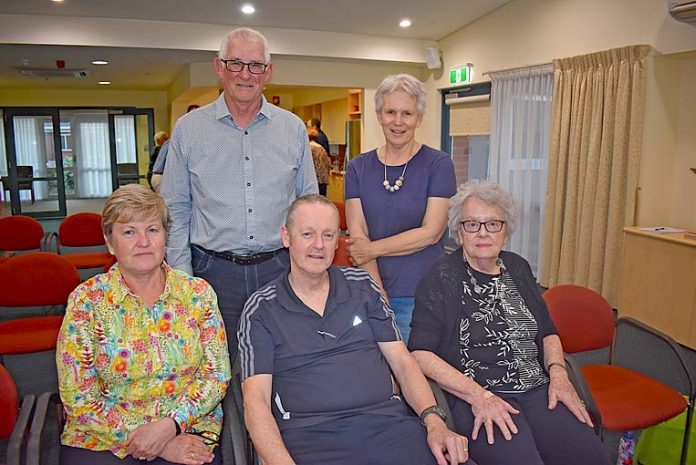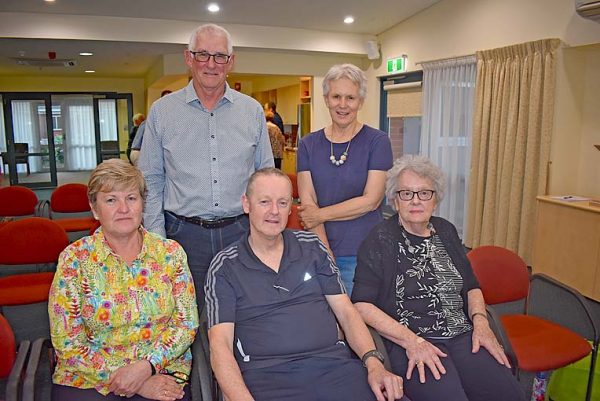

LOW occupancy rates and insufficient Federal Government funding have been blamed for Millicent’s Boneham Aged Care Services recording an operating loss of more than $900,000 in the last financial year.
The sobering figure is around three times the deficit of 2017/18 and was revealed at the annual general meeting of the Millicent facility on Wednesday.
The occupancy rate dropped to 89pc in 2018/19, while the wages bill for the 130 employees grew to $6.7m.
Finance manager Peter Lowndes told the 15 board members, staff and community members it was “hard to sugarcoat the figures”.
The challenging financial situation was highlighted by Mr Lowndes as well as in the annual reports tabled by general manager Jenny Norman, external auditor Simon Smith and board chairman Greg Nitschke.
Mr Nitschke welcomed acting general manager Michael Filsell and director of care Jo McGregor to their roles.
“They have joined Boneham Aged Care Services at a critical time and, given our current financial position, they have some challenging times ahead,” Mr Nitschke said.
“It is critical that our board, management and staff all work together to achieve a positive outcome over the next 12 months and ensure sustainability.,” Mr Nitschke said.
“Maximising occupancy and strong financial management is key to gaining one of the key goals of sustainability.”
Mr Smith said the current operating environment at Boneham Aged Care Services is extremely challenging and has seen a high percentage or rural and regional providers operating at a loss.
“The Boneham Aged Care Services board has approved an operating budget for the year ended June 30, 2020 with the aim of delivering a break-even result,” Mr Smith said.
“A number of actions and strategies have been put in place to support the project figures.”
Ms Norman said a result of the Royal Commission into Aged Care and Safety was that a strong and well-resourced approach to quality and safety was not an optional extra.
“Across the health and aged care sectors, there has been a collective experience of reduced government spending, additional scrutiny, new regulations and financial stress,” Ms Norman said.
“The aged care sector is witnessing an unprecedented shift in the way it operates.
“Government funding models and new government structures are on the horizon.”
In his report, Mr Lowndes said the Federal Government subsidies had not increased at a rate which took into account increased operating costs such as wages.
“The current funding model puts the organisation in an increasingly difficult position with the potential to undermine safety, quality service and care which must be balanced with budgetary constraints and sustainability,” Mr Lowndes said.
Mr Nitschke said the financial performance of the Williams Road facility was better in the opening five months of this financial year than in the prior corresponding period.
Mr Nitschke said the aged care facility did not currently have the financial capacity to purchase two neighbouring properties which had come on to the market in recent times.
He said the facility was currently at 100pc occupancy with 110 residents.
According to Mr Nitschke, specific Federal Government aged care funding policies related to deeming rates were queried with Federal member for Barker Tony Pasin by Boneham Aged Care Serices.







